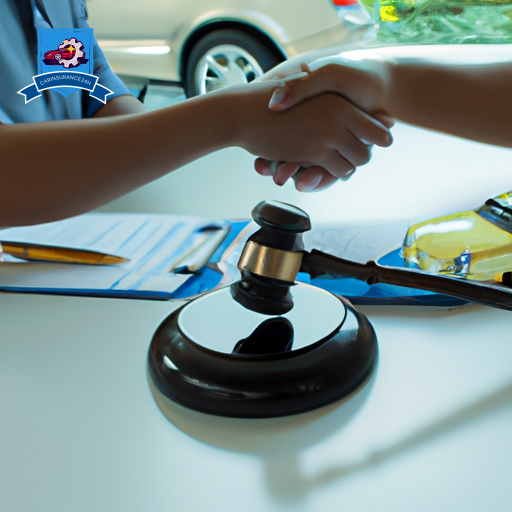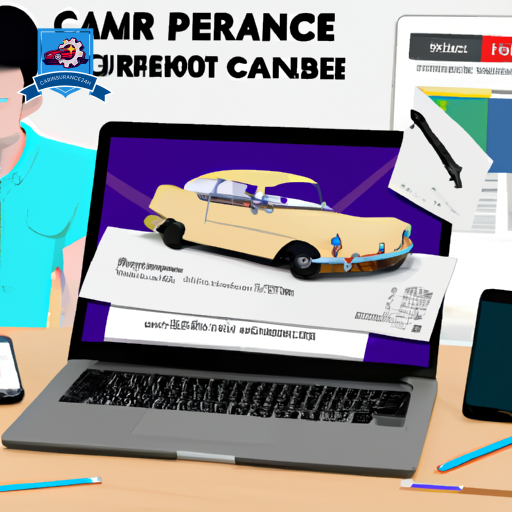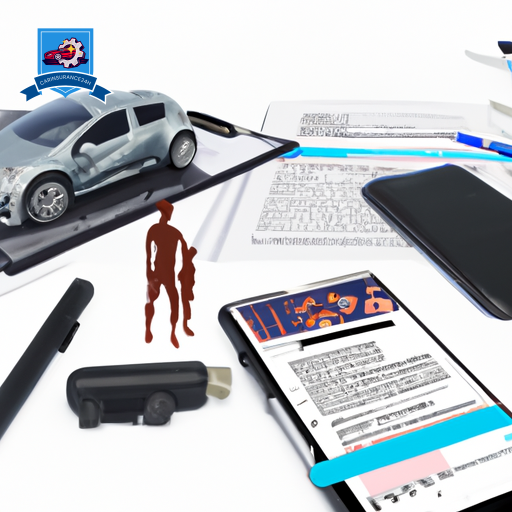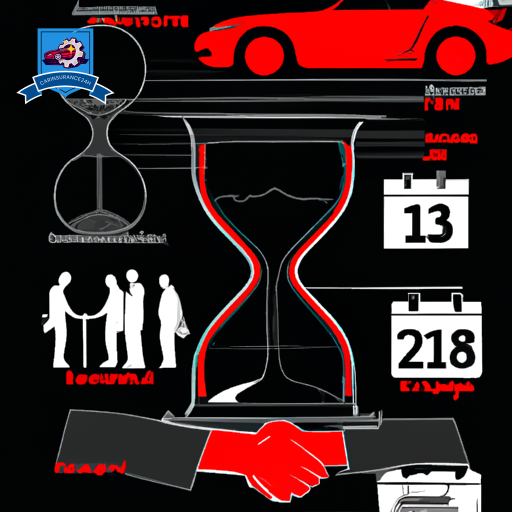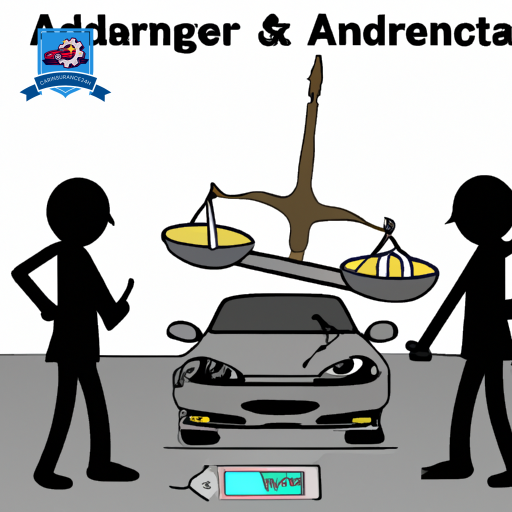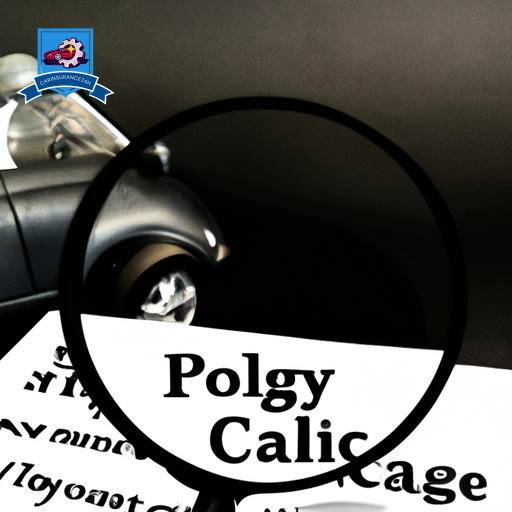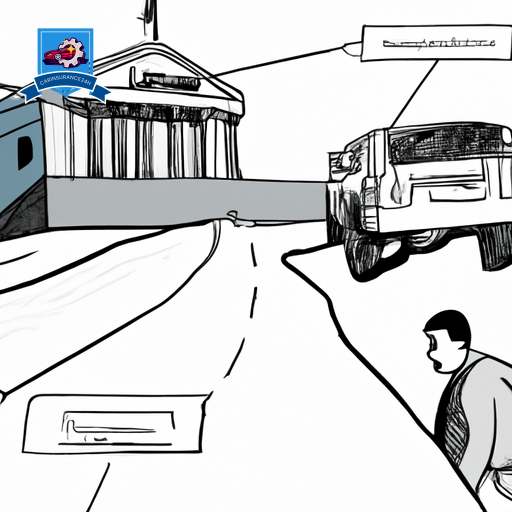Negotiating a car insurance claim settlement can often appear as a challenging task, requiring a blend of analytical skills and strategic preparation. Initially, one must thoroughly assess the damage and gather detailed evidence to support their claim, a step that cannot be overstated for its importance.
This process, coupled with a deep understanding of one’s own insurance policy and a precise calculation of expenses incurred, sets the groundwork for initiating a claim. As we explore the nuances of presenting a compelling case to insurance adjusters and moving through settlement offers, it becomes evident that a well-prepared approach can have a significant impact on the outcome.
This discussion aims to uncover the pivotal strategies that could empower individuals to manage their claims more effectively, inviting further exploration into the intricacies of this complex negotiation process.
Assess the Damage

Before initiating the negotiation process for a car insurance claim settlement, it is imperative to thoroughly evaluate the damage incurred to guarantee an accurate valuation. This initial step allows the claimant to understand the damage severity, which is essential for forming a baseline for negotiations. Accurately evaluating the extent of the damage not only influences the perceived value of the claim but also sets the stage for discussing repair options with the insurance company.
Evaluating damage severity involves a detailed examination of the vehicle to identify both visible and hidden damages. This step is critical as it directly impacts the negotiation process by providing a clear picture of the repair costs involved. It’s essential to determine whether the damage is cosmetic, affecting the vehicle’s appearance, or structural, impacting its safety and functionality. Understanding the nature of the damage is key to advocating for a fair settlement.
Moreover, exploring repair options is an integral part of evaluating the damage. This involves obtaining estimates from reputable repair shops to understand the potential costs associated with fixing the vehicle. It’s important to explore various repair options to ensure that the vehicle is restored to its pre-accident condition in the most cost-effective manner. Providing the insurance company with multiple repair estimates can also be a powerful negotiation tool, as it demonstrates due diligence and helps in establishing a realistic compensation range based on market rates.
Gather Evidence

Having assessed the damage and explored repair options, gathering evidence emerges as the next pivotal step in negotiating a car insurance claim settlement. This phase is fundamental, as the strength of your evidence can greatly influence the outcome of your claim. It requires a methodical approach to make sure that you present a compelling case to your insurance provider.
To effectively gather evidence, consider the following essential steps:
-
Photograph the Scene and Damage: Capture clear and thorough photographs of the accident scene, including all vehicles involved, their positions on the road, and specific damages. These images serve as undeniable proof of the incident’s severity and impact.
-
Collect Witness Statements: Eyewitness accounts add a layer of credibility to your claim. Approach witnesses who saw the accident unfold and are willing to provide statements. Their perspective can corroborate your account of events, reinforcing your position.
-
Obtain a Police Report: If law enforcement was called to the scene, a police report will be filed. This document is a critical piece of evidence as it contains an objective third-party account of the accident, including details that you might have missed or forgotten.
-
Document Your Expenses and Losses: Keep a detailed record of all expenses incurred due to the accident, including medical bills, repair costs, and any lost wages. This documentation will be essential when negotiating for a fair settlement.
Review Your Policy

Before entering negotiations for a car insurance claim settlement, it is critical to thoroughly review your policy.
This review should focus on understanding the full extent of your coverage, identifying any exclusions and limits that may affect your claim, and evaluating the deductible requirements you are obligated to meet.
A thorough understanding of these elements is essential for effectively advocating for your interests and ensuring a fair settlement.
Understanding Policy Coverage
A thorough examination of your insurance policy is a critical first step in understanding the extent of your coverage and preparing for a claim settlement negotiation. Familiarizing yourself with policy terminology and staying informed about any coverage updates are essential components of this process.
To evoke a sense of preparedness and confidence, consider the following:
-
Decode Policy Language: Understand the specific terms and conditions that define your coverage.
-
Identify Coverage Types: Know the difference between inclusive, collision, and liability.
-
Check for Recent Updates: Insurance policies can change; make sure your knowledge is current.
-
Assess Coverage Adequacy: Reflect on whether your coverage meets your current needs.
Identify Exclusions and Limits
After familiarizing yourself with the general aspects of your policy, it is equally important to carefully examine exclusions and limits to fully understand the scope of your coverage. Identifying what is not covered is as critical as knowing what is. This knowledge will disclose any coverage gaps that could impact your financial responsibility in the event of a claim.
Additionally, policy amendments may have altered the original terms, introducing new exclusions or adjusting coverage limits. A thorough review enables you to ascertain these changes and their implications on your claim process.
Understanding these elements is fundamental in preparing for negotiations, as it sets clear boundaries within which you can strategize and argue your settlement.
Assess Deductible Requirements
Understanding the deductible requirements outlined in your policy is a pivotal step in preparing for a car insurance claim settlement negotiation. Knowing how your deductible impacts your overall settlement and the potential for premium adjustments is essential for making informed decisions.
Here’s how to navigate this:
-
Identify Your Deductible: Understand the amount you’re responsible for before insurance coverage applies.
-
Deductible Impact: Assess how this amount influences your claim’s net settlement.
-
Premium Adjustments: Consider if a higher deductible could lead to lower premiums, affecting your financial strategy.
-
Negotiation Leverage: Use your deductible knowledge as a bargaining chip in negotiations.
Being well-versed in these aspects allows you to approach negotiations with confidence and clarity, ultimately aiming for a more favorable claim settlement.
Calculate Your Expenses
To accurately negotiate a car insurance claim settlement, one must first meticulously calculate all related expenses incurred due to the accident. This initial step is critical for laying a solid foundation for your negotiation, ensuring that you are fully compensated for your losses. Expense tracking is an indispensable tool in this phase, as it allows you to compile a thorough list of all costs associated with the accident, including medical bills, repair costs for your vehicle, and any other out-of-pocket expenses.
Following the collection of all relevant expense documents, the next critical step involves making necessary budget adjustments. This process helps in understanding the financial impact of the accident on your current financial situation. It’s important to categorize expenses into two groups: those that are immediately pressing, such as medical expenses and vehicle repair costs, and those that may be addressed over time, such as incremental increases in insurance premiums.
Accurate expense calculation not only aids in presenting a clear and justified claim to the insurance company but also prepares you for potential negotiations. By having a detailed account of your expenses, you can better argue the value of your claim, providing evidence for each cost incurred. This meticulous approach ensures that you are not left out of pocket for expenses that are rightfully covered by your insurance policy.
Initiate the Claim
Kicking off the claim process requires promptly contacting your insurance provider to report the accident. This essential step sets the claim timeline in motion and is fundamental for a smooth negotiation process later on. Understanding the importance of initiating the claim without delay cannot be overstressed, as reporting delays could severely impact the outcome of your settlement.
Adhering to a structured, precise, and logical approach, consider the following reasons why timely initiation of your claim is critical:
-
Prevents Reporting Delays: Insurance companies often have strict deadlines for when an accident must be reported. Delays can lead to complications or even denial of your claim.
-
Sets the Claim Timeline in Motion: Starting the process as soon as possible ensures that your claim is registered within the insurer’s system, allowing them to begin their evaluation without unnecessary delays.
-
Facilitates Accurate Incident Documentation: Reporting your claim immediately helps ensure that the details of the incident are recorded accurately while they are still fresh in your memory.
-
Expedites Resolution: The sooner you report the accident, the quicker the insurance company can start their investigation, leading to a faster settlement for you.
Initiating the claim promptly not only demonstrates your commitment to following the policy’s terms but also positions you more favorably in the eyes of the insurance company. As you move forward, remember that the foundation of a successful negotiation lies in how effectively and efficiently you begin the claim process.
Present Your Case

Once your claim is initiated, it’s essential to meticulously prepare and present your case to the insurance company for evaluation. This stage demands a strategic approach, combining effective communication skills with negotiation tactics to make sure your claim is compelling and persuasive. It’s not just about presenting facts, but doing so in a manner that underscores the legitimacy and value of your claim.
Effective presentation of your case involves organizing all relevant documentation, including accident reports, repair estimates, and any medical bills resulting from the incident. This evidence forms the backbone of your negotiation, substantiating your claim’s validity.
| Document Type | Purpose | Importance |
|---|---|---|
| Accident Report | Establish facts | Critical |
| Repair Estimates | Quantify damages | High |
| Medical Bills | Prove injury costs | Essential |
Equally important are your communication skills throughout this process. Clear, concise, and respectful communication can significantly influence the adjuster’s perception and willingness to negotiate. Presenting your case logically, supported by undeniable evidence, positions you as a credible claimant.
Incorporating negotiation tactics is also crucial. Understand the insurance company’s perspective and be prepared to counter low settlement offers with reasoned responses. Emphasize the strength of your evidence and the fairness of your request. By doing so, you not only demonstrate your preparedness but also your determination to reach a fair settlement.
Discuss Settlement Offers

Upon presenting your case to the insurance company, the next critical step in negotiating a car insurance claim settlement involves discussing settlement offers.
This phase requires a careful evaluation of the initial offer from the insurance company and the development of an effective counteroffer strategy.
It is essential to approach this stage with a clear understanding of your claim’s value and a readiness to negotiate for a fair settlement.
Evaluate Initial Offer
Evaluating the initial offer from the insurance company is an important step in the negotiation process for a car insurance claim settlement. Understanding market trends and honing your negotiation skills are critical at this juncture. It’s not just about the numbers; it’s about securing a deal that accurately reflects the value of your claim.
-
Understand Market Trends: Knowledge of current market trends guarantees realistic expectations.
-
Assess Your Negotiation Skills: Strong negotiation skills can greatly impact the settlement.
-
Consider Emotional Impact: The initial offer can evoke strong emotions; remain objective.
-
Preparation for Next Steps: Use the initial offer as a baseline for refining your strategy.
Counteroffer Strategy
Having assessed the initial offer, it is imperative to formulate a counteroffer strategy that effectively communicates your settlement expectations to the insurance company. This approach should combine astute negotiation tactics with proficient communication skills to articulate your demands clearly and persuasively.
Begin by reviewing the insurer’s proposal in detail, identifying areas where it falls short of your calculated damages and losses. Then, prepare a well-structured counteroffer that addresses these discrepancies, supported by evidence such as repair estimates, medical bills, and any applicable legal precedents.
Your communication should be concise yet thorough, laying out your reasoning in a manner that encourages constructive dialogue. Employing these strategies not only demonstrates your seriousness and preparedness but also greatly enhances your chances of securing a more favorable settlement.
Seek Legal Advice

Seeking legal advice can greatly enhance your understanding and navigation of the complexities involved in negotiating a car insurance claim settlement. The process, often fraught with legal jargon and intricate policy details, can be intimidating for the uninitiated. An experienced attorney can provide invaluable assistance, making sure you receive a fair settlement. However, before engaging legal help, it’s important to think about the implications of legal fees and the importance of careful attorney selection.
-
Legal Fees: Understanding the cost structure is essential. Most attorneys handling car insurance claims operate on a contingency fee basis, meaning they receive a percentage of the settlement. No upfront fees are required, but it’s important to discuss and agree upon this percentage early in the process.
-
Attorney Selection: Choosing the right attorney can have a significant impact on the outcome of your claim. Look for someone with a strong track record in car insurance disputes, and make sure they have a deep understanding of state laws and insurance policies.
-
Expertise and Guidance: An attorney can navigate the legal maze, offering expertise and guidance that can greatly improve your chances of a more favorable settlement.
-
Negotiation Leverage: Having legal representation can provide leverage in negotiations, signaling to the insurance company your seriousness and readiness to fight for a fair settlement.
Frequently Asked Questions
How Do I Handle Communication With the Other Party’s Insurance Company Without Jeopardizing My Claim?
When communicating with the opposing insurance company, prioritize clarity, conciseness, and courtesy. Assure claim documentation is meticulously maintained, and employ strategic settlement strategies. This approach facilitates a structured, precise, and logical negotiation, safeguarding your claim’s integrity.
Can I Negotiate a Car Insurance Claim Settlement if I Was Found Partially at Fault for the Accident?
Yes, even if found partially at fault for an accident, individuals can engage in settlement negotiation. The settlement amount may be adjusted based on the fault percentage, facilitating a fair resolution for all involved parties.
What Are the Implications of Accepting a Quick Settlement Offer From the Insurance Company?
Accepting a quick payout may expedite resolution, but 70% of individuals who negotiate their settlement receive higher compensation. Settlement implications include potential undervaluation of claims, affecting financial recovery post-accident. It’s important to assess offers critically.
How Can I Ensure My Emotional Distress or Pain and Suffering Is Adequately Considered in the Settlement?
To guarantee emotional distress or pain and suffering is adequately considered in a settlement, it’s crucial to provide thorough medical documentation and evidence of involvement in support groups, demonstrating the impact on your well-being.
Is There a Specific Time Frame Within Which I Must Settle My Claim to Avoid It Affecting My Insurance Premiums?
Ironically, while time heals all wounds, it seldom does favors for premium calculations. A specific settlement deadline exists, ensuring timely resolutions don’t inadvertently elevate insurance premiums through protracted negotiations or delayed settlements.

